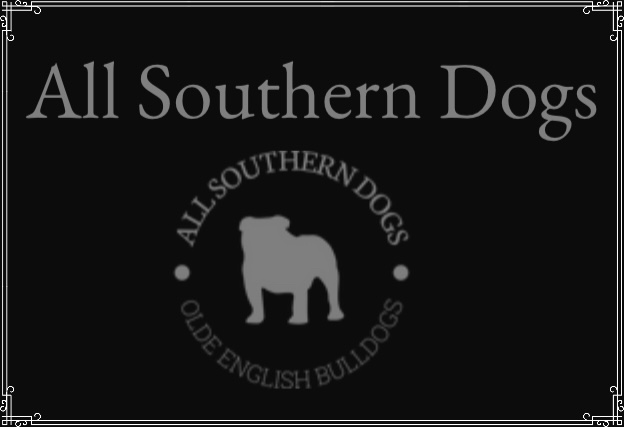The Thriving Third Week: Developmental Milestones for Puppies
- allsoutherndogs

- Jun 13, 2023
- 2 min read

The third week of a puppy's life is an exciting time as they continue to develop and grow. This is often known as, "The Thriving Third Week." As the many developmental milestones for puppies are achieved. During this time, they undergo significant physical, mental, and social changes that shape their personalities and prepare them for the world. In this blog, we will take a closer look at what happens during the third week of a puppy's life.
Physical Changes
During the third week, puppies start to become more mobile. They can walk, run, and even climb a little. They also start to develop their teeth, with their baby teeth starting to come in. This can lead to some discomfort for the puppies, and they may start to chew on things to relieve the pain. It is essential to provide them with appropriate chew toys to prevent them from damaging furniture or other items in your home.
Puppies continue to gain weight during this week, but at a slower rate than in the previous week. They should also start to develop a more defined coat, and their eyes and ears should be fully open by the end of the week.
Mental Changes
Puppies' brains continue to develop rapidly during the third week. They become more curious about their environment and start to explore it more. They also start to develop their own personalities, with some puppies being more outgoing and others more reserved.
Puppies also start to learn more complex behaviors during this time. They learn to play with each other, and their coordination and motor skills improve. They also start to learn basic obedience training, such as responding to their names and coming when called.
Social Changes
During the third week, puppies become more independent from their mother. They start to eat solid food and drink water, and they start to explore their environment more on their own. This is an important time for socialization, and it is essential to expose the puppies to different people, animals, and environments.
Puppies also continue to learn social skills during this time. They learn to interact with their littermates and other dogs, and they start to understand social cues such as body language and vocalizations.
Conclusion
As a puppy owner, it is essential to provide a safe and nurturing environment, socialize them, and provide appropriate training to help them become well-adjusted adult dogs. By doing so, you can help them thrive and become valued members of your family.








Comments